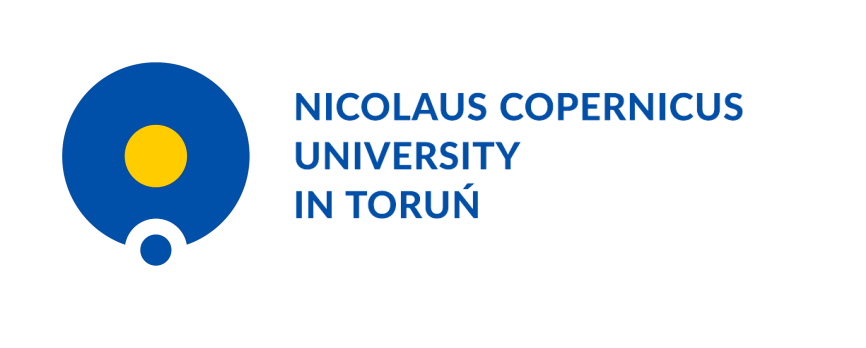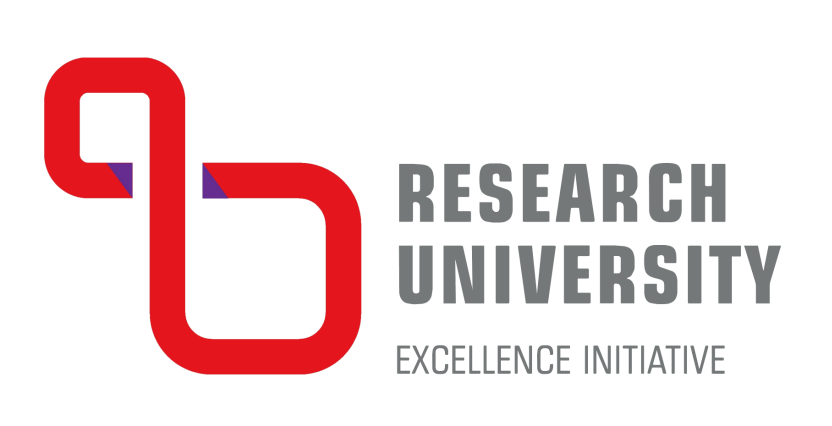Culture, Development & Wellbeing
Team Leader – Bibianna Bałaj, PhD
Our Emerging Field: Culture, Development & Wellbeing (CD&We), focuses on cognitive psychology, lifelong development, and cultural differences. Access to modern tools allows us to conduct objective and reliable measurements of psychophysiological variables, resolve current issues related to experimental psychology and neuropsychology, and thus publish in major journals. The emerging team creates room for even better cooperation between cognitive scientists and psychologists. Thanks to the possibility of participating in research projects, our students can quickly develop their scientific careers.
The team consists of three research groups:
- Culture and Social Cognition (SC&C) Group (Leader: Dr hab. Arkadiusz Gut, professor of the Nicolaus Copernicus University)
We undertake interdisiplinary research on the functioning of cognitive processes related to understanding mental states, emotions, and mentalization of other people from a developmental perspective, as well as the functioning of these cognitive processes throughout life, with particular emphasis on entering the senior period. We will also look for connections between imagination, especially mental rotations, and socially adopted ways of thinking from different people’s perspectives. We will also continue research on comparing the attributions of mental states and emotions to humans and hominoid robots. - Development (Deve) Group (Leader: Prof. dr hab. Marta Białecka)
Building key competencies, especially the ability to think scientifically and learning is a challenge for education in the 21st century. The aim of the project is to examine whether parents’ reflectiveness and their beliefs about science and knowledge about child development and upbringing are related to children’s cognitive and metacognitive development and, in particular to children’s sensitivity to knowledge. - Wellbeing & Support (We&Su) Group (Leader: Dr hab. Rafał Milner)
Psychosomatic disorders are a growing medical, social, and economic problem every year. However, the psychological and pathophysiological mechanisms underlying the disorders are still not fully understood. What’s more, in the case of most psychosomatic diseases, there are still no fully effective methods of therapy. The aim of the project is to learn the pathomechanisms of the formation as well as to study the effectiveness and implementation of modern diagnostic and therapeutic methods of psychosomatic disorders.
Dr Bibianna Bałaj – Vice-Director of the Institute of Psychology, Faculty of Philosophy and Social Sciences, Nicolaus Copernicus University in Toruń. Assistant Professor in the Department of Cognitive and Comparative Psychology at the Institute of Psychology, Faculty of Philosophy and Social Sciences. Doctor of Humanities in psychology, a graduate of the John Paul II Catholic University of Lublin and the European PhD. College of Polish and Ukrainian Universities in Lublin. She is an experimental psychologist researching cognitive functioning daily and conducting experiments with the use of eye movement measurement as a diagnostic and training tool. The central areas of scientific interest include visual imagination, spatial orientation and disorientation, attention processes. She tests and develops methods of visual interaction with computers for people with motor disabilities: together with her team, she won an award for the OKOMUNIKACJA project. A co-author of several dozen scientific articles. The contractor of research grants (including a supervision grant) as well as projects that commercialize the results of scientific work. Vice-Chair of the Ethics Committee of the Faculty of Philosophy and Social Sciences, a member of the Scientific and Ethical Council of the “Light” Foundation in Toruń.


 ul. Gagarina 7, 87-100 Toruń
ul. Gagarina 7, 87-100 Toruń